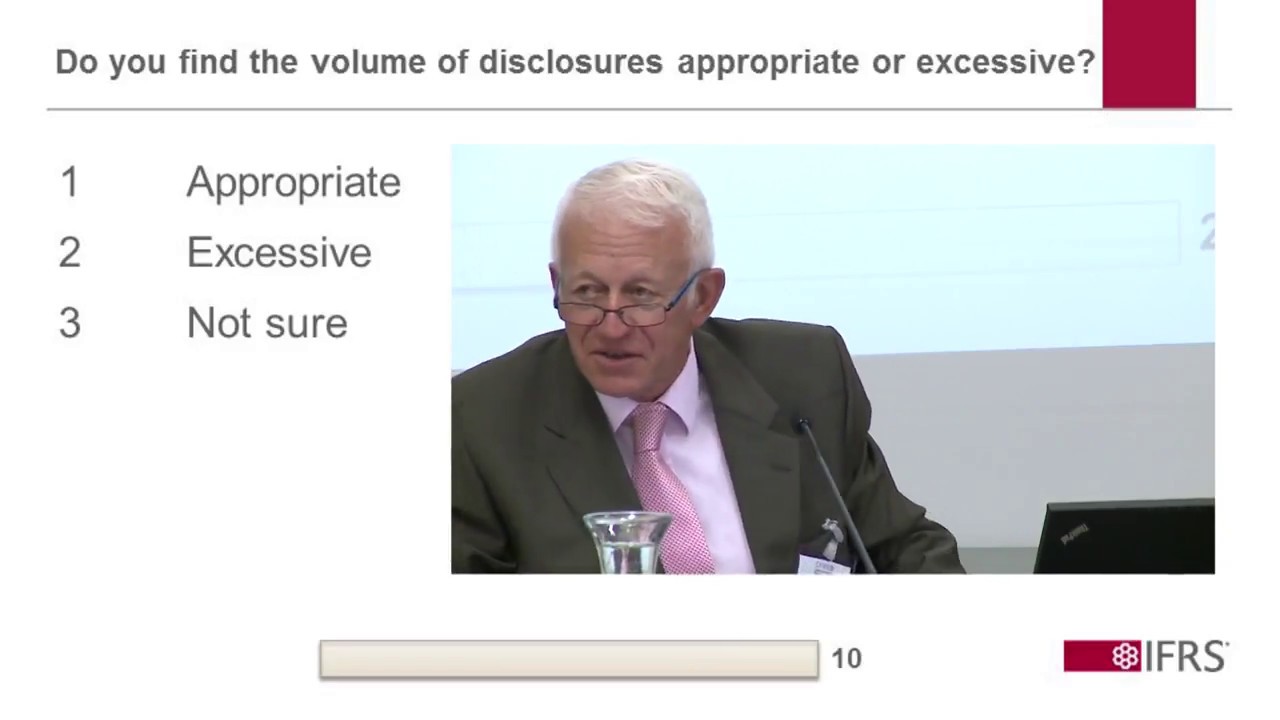Story Highlights
- When supervisors and external auditors of financial institutions collaborate, they can both do their jobs better and ensure greater transparency and soundness in the financial system.
- The World Bank organizes events and offers publications and tools to help supervisors and external auditors in the banking and insurance sectors communicate better and work together.
- To support this important collaboration, the World Bank held the Supervisors' Exchange Forum in Vienna, Austria, in September 2016 where it introduced the World Bank Guide on the Relationship between Supervisors and Auditors.
When the Lehman Brothers bank collapsed in September 2008, the world's financial system almost crashed with it. Eight years on, the effects of the financial crisis are still being felt. Lessons learned from the economic downturn include the importance of effective banking supervision and ensuring that banking supervisors and external auditors collaborate more closely in order to improve the oversight of banks' activities.
Banking supervisors and external auditors make a significant contribution to market discipline. Auditors ensure that financial information is transparent and reliable while supervisors provide confidence in financial systems. Supervisors and auditors allow market players to make informed decisions and contribute to financial stability.
According to Michael Hysek, Head of Department, Banking Supervision, Austrian Financial Market Authority: "Bank auditors provide considerable additional value for banking supervision. Auditors are an important source of supervisory information: they ensure ongoing information exchange with the competent authorities, provide an opportunity to gain detailed insights into credit institutions and allow ongoing assessments of the Internal Control Mechanism."
Encouraging dialogue between supervisors and auditors
Financial experts at the World Bank's Centre for Financial Reporting Reform (CFRR) engage in regular policy discussions with banking supervisors, including senior staff at the European Central Bank, the European Banking Authority, the Financial Stability Board, the sub-committee of the Basel Committee on Banking Supervision, as well as national banking and insurance supervisors across Europe.
Over the last two years, the CFRR has also organized a number of capacity building activities with senior staff from regulatory agencies responsible for supervising banks and insurance undertakings. These activities are designed to enhance collaboration between key players in the banking sector from countries across Europe. In addition, participants are being equipped with the accounting knowledge —a better understanding of International Financial Reporting Standards — and the skills necessary to review financial statements and improve supervision. This is essential since supervisors are expected to assess and challenge the figures reported in financial institutions' statements.
This year, supervisors and regulators responsible for supervising banks and insurance undertakings from 13 countries across Europe attended the 2016 Supervisors' Exchange Forum in Vienna, Austria. The forum was hosted by the CFRR and the Austrian Ministry of Finance from September 7 to 9.
Welcoming participants, Ellen Goldstein, the World Bank's Regional Director for the Western Balkans, highlighted some of the specific issues facing the financial sector in the Europe and Central Asia (ECA) region. These include non-performing loans and underdeveloped capital markets, resulting in limited access to finance for many small and medium-size enterprises in the region.
"The mission of the World Bank's Centre for Financial Reporting Reform is to assist partner countries in building up financial reporting frameworks and tools, leading to enhanced financial stability and trust. This is a key contribution to accelerating long-term economic growth in Europe and Central Asia." - Ellen Goldstein, World Bank Regional Director for the Western Balkans
The contribution of International Financial Reporting Standards to financial stability
During the forum, Darrel Scott and Philippe Danjou — both board members of the International Accounting Standards Board — provided two days of training on the International Financial Reporting Standards (IFRS) which are of particular relevance to supervisors of financial institutions. These global accounting standards enable investors and other users of financial statements to compare the financial performance of publicly listed companies on a like-for-like basis with their international peers.
Harald Waiglein, Director-General, Economic Policy and Financial Markets, Austrian Ministry of Finance, stressed the importance of using IFRS and ‘fair value' to consolidate financial statements in order to measure a company's financial situation accurately. Fair value is used increasingly by accounting standard setters as a relevant measure of assets and liabilities for financial reporting purposes.
Guide on the Relationship between Supervisors and Auditors
The World Bank Guide on the Relationship between Supervisors and Auditors, published in September 2016, was the culmination of consultations between the CFRR and senior banking supervisors. The Guide documents good banking supervisory practices for cooperating with auditors. It also provides a set of concrete measures ranging from legislative changes to practical suggestions to improve capacity building and day-to-day working practices with auditors.
Introducing the Guide on the opening day of the forum, Pascal Frerejacque from the CFRR said: "We trust that this Guide will help the World Bank's partner countries in building up frameworks for enhanced collaboration between auditors and banking supervisors, thus achieving better audit and supervisory practices."
"The Guide represents a collaborative effort of 35 European supervisors to develop better practices," added Johanna Lincoln from the CFRR.





